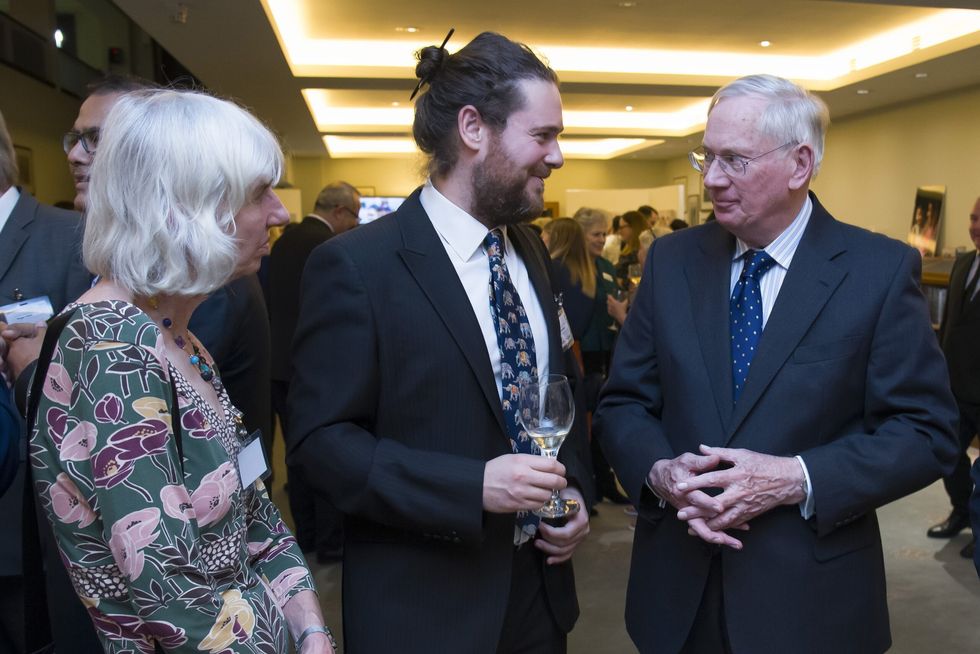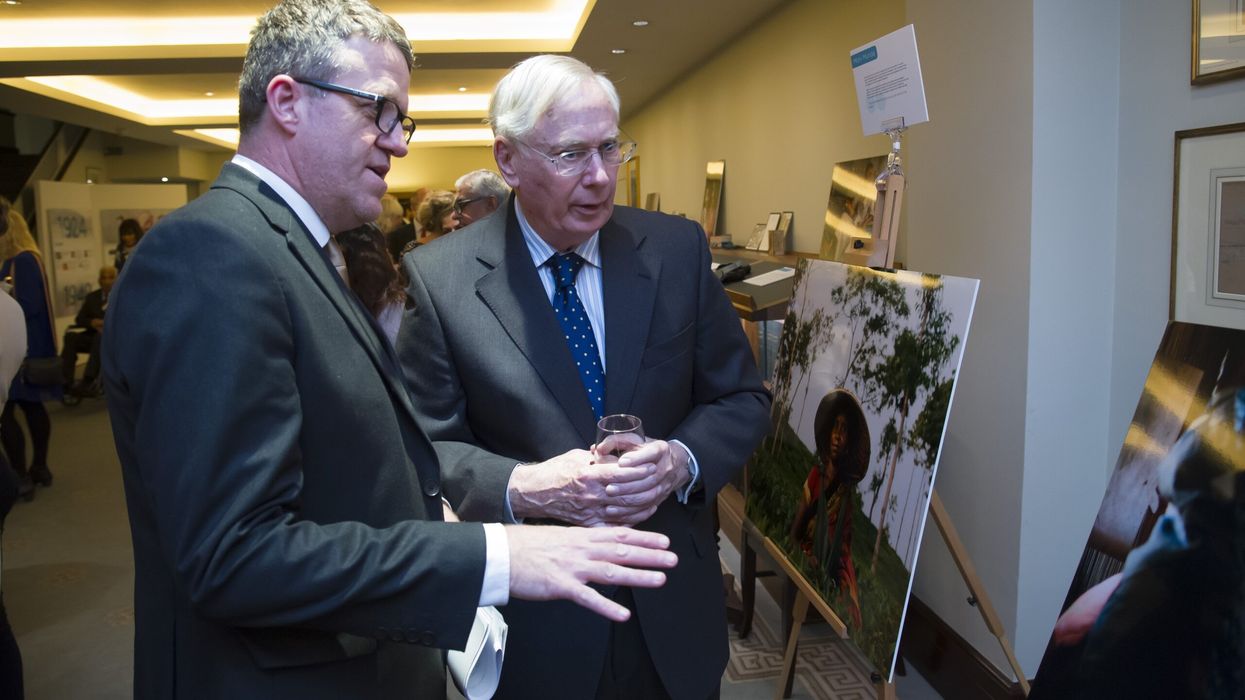Lepra, a charity providing vital support to vulnerable communities affected by neglected tropical diseases, notably leprosy, is marking its nearly 100-year legacy with the launch of a significant touring photographic exhibition, 'A New Face for Leprosy.' The exhibition was inaugurated on October 26 at The Athenaeum, London, in the presence of key supporters, trustees, and ambassadors, including Lepra’s vice president, HRH The Duke of Gloucester.
'A New Face for Leprosy' is a compelling collection of images captured by photographer Tom Bradley during his visits to Lepra’s projects in India and Bangladesh, a press release from Lepra said.
Accompanied by interviews conducted by leading leprologist Diana Lockwood, the exhibition challenges prevalent misconceptions about leprosy. By showcasing individuals affected by the disease engaging in everyday activities like working and having a family, the exhibition aims to humanise their experiences and dispel myths.
Leprosy, often perceived through a lens of fatalism, is typically associated with severe aspects of the disease, reinforcing widespread misconceptions and fears. 'A New Face for Leprosy' endeavours to challenge these myths, encouraging viewers to see beyond the disease and recognise the humanity of those affected.

Tom Bradley, the photographer, emphasised the importance of capturing honest portraits that portray individuals as human beings before focusing on their leprosy-affected status.
He highlighted that early diagnosis and treatment can significantly reduce the debilitating effects associated with leprosy.
Lepra’s efforts in community education and engagement play a crucial role in controlling the disease, lessening its physical, social, economic, and emotional impact.
The exhibition will tour across the UK throughout 2024, commencing at Westminster Cathedral from 12th-26th January.
Leprosy is a communicable disease caused by bacteria, affecting the skin and peripheral nerves. Left untreated, it can cause severe disability and often leads to prejudice and discrimination. Leprosy can incubate in a human anywhere from 6 months to 20 years, making diagnosis challenging until significant damage has occurred.
Millions of people worldwide are affected, with over 7 million individuals experiencing damage to their health, livelihoods, and futures. Every day, 600 people are diagnosed with leprosy, including 50 children.
Established in 1924 as the British Empire Leprosy Relief Association (BELRA) and known as Lepra since 2008, the charity operates in India and Bangladesh. Lepra’s specialists diagnose leprosy using skin test patch anesthesia, skin smears, and non-invasive sensory investigations. Beyond treatment, the organisation combats the prejudice and discrimination faced by individuals affected by leprosy in their daily lives.




